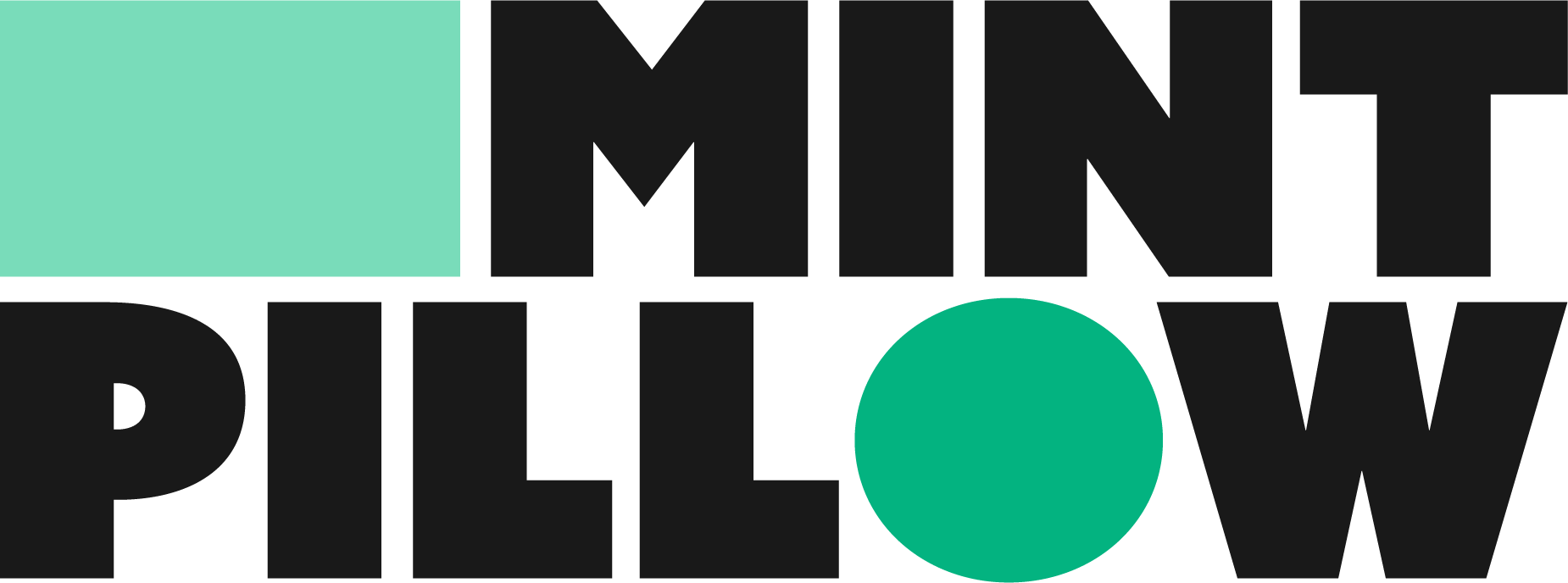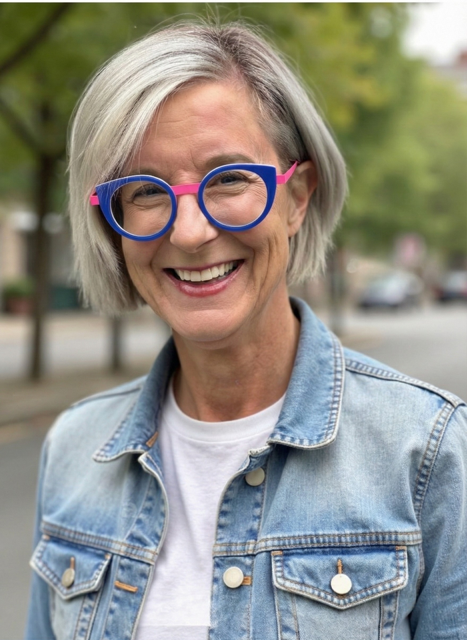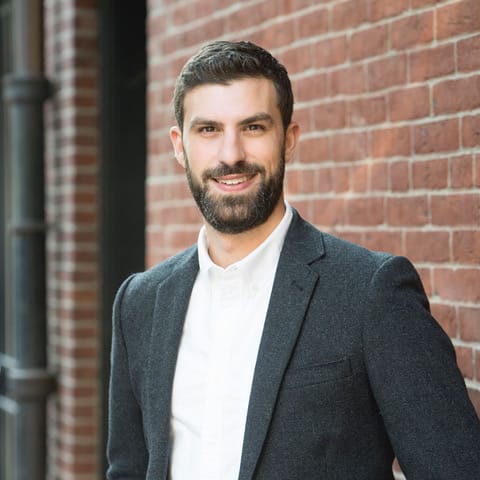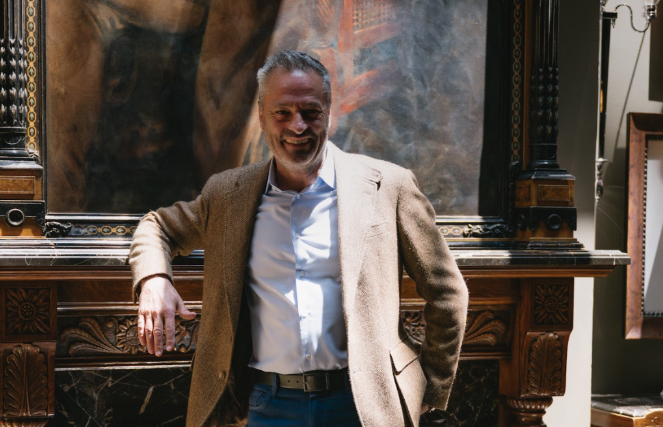The surprising edge indie hotels hold
How grit and instinct come together to turn good into great


Sara Masterson has that rare mix of ops grit and brand instinct that turns good hotels into phenomenal ones. As Olympia Hospitality’s president, she has built teams that thrive, properties that open with confidence and a culture rooted in trust and curiosity.
Masterson's fingerprints are all over some standout openings—The Alfond Inn at Rollins College, SOPHY–Hyde Park, The Hotel at Oberlin, and The Inn at Swarthmore—each one dialed in with intention and a real sense of place. Here, she shares her insights on how an independent mindset can coexist with efficiency, and why an independent hotel's competitive advantage is its ability to embrace and belong to a place.
—Interview by Jennifer Glatt, edited by Lesley McKenzie
How do you keep an “independent mindset” alive within a larger management structure that still needs systems and standards to function?
Olympia is a values-oriented organization; [values] are at the core of our daily engagement and decision-making. Even as we have grown to 42 hotels, our operating philosophy starts with understanding that each property’s identity, guests, associates and surroundings are unique.
Our centralized tools and controls ensure financial discipline, labor management and brand-level consistency. But we are intentional about leaving room for property-level autonomy in the places that shape the guest experience, including programming, partnerships and the way each team expresses hospitality. Regardless of property type, we focus on hiring and empowering leaders who think like innkeepers—people who embrace the flexibility, creativity and energy that independents require. And we support them with the back-office strength and controls of a scaled management company. That balance allows us to maintain an independent mindset at all levels of the organization without sacrificing quality or efficiency.
What’s something Olympia has changed behind the scenes that has had a surprising impact on guest experience?
One of the most meaningful behind-the-scenes shifts we’ve made is in how we think about and deploy technology across the portfolio. There’s so much conversation in the industry about tech as a replacement for labor; our approach has been the opposite. We use technology to amplify the human side of hospitality, not diminish it. We focus on tools that take the tedious, repetitive tasks off our teams’ plates: labor planning, streamlined auditing and reconciliation, mobile work orders and cleaner communication channels.
The result has been powerful. When technology handles the mundane, our teams have more time and more headspace to be present with guests. Service becomes warmer, more attentive and more personal. So, technology isn’t making us less human, it's making the human side of hospitality more visible.
Campus hotels have become a defining part of Olympia’s success. What do these properties reveal about how independent hotels can thrive within larger ecosystems?
One of the keys to making campus hotels thrive is their understanding of the ecosystem they live in and then becoming active participants in it. Hotels on a college or university campus become part living room, part academic hub and part neighborhood anchor. They provide a great lesson for any independent property, which is that your competitive advantage is your ability to embrace and belong to a place. When a hotel aligns with the energy, identity and needs of the broader ecosystem—whether that is a campus, a downtown corridor or a leisure destination—you become the experience of choice for people who visit, live or work in that environment.
If a hotel is also a platform for local culture, entrepreneurship or creativity, what might that look like in Olympia’s world? How can hotels become catalysts, not just destinations?
We believe that the most successful hotels are places where hospitality intersects with community, talent, small business and cultural expression. In our world, that might look like:
- Integrating crafts into a new restaurant concept's interior in the folks arts and crafts capital of Kentucky.
- Partnering with a local lobsterman on the coast of Maine to allow guests to spend an afternoon on the water baiting and deploying traps, hauling catch and returning to a property with fresh lobsters for the kitchen to prepare.
- Sponsoring community-driven events that support local outreach organizations in Ohio.
When we enable those connections, the hotel stops being defined by its room count and restaurant seats and becomes part of the fabric of the community. That’s when it becomes a catalyst.
Anything else you’d like to share?
We see real advantage in being a company that’s fluent in the worlds of both branded and independent property management and able to move between them with ease. Branded hotels give us structure, discipline and the scale of global distribution. We take those strengths and apply them thoughtfully to our independent properties, helping them operate with the same rigor and consistency as a flagged hotel without losing their character. At the same time, our independent portfolio teaches us how to be inventive, hyper-local and entrepreneurial. Bringing that mindset into our branded hotels elevates the guest experience and helps those properties stand out within their brand families.
Thanks for reading today's edition! You can reach the newsletter team at newsletter@mintpillow.co. We enjoy hearing from you.
Interested in advertising? Email us at newslettersales@mvfglobal.com
Mint Pillow is curated and written by Jennifer Glatt and edited by Lesley McKenzie.




